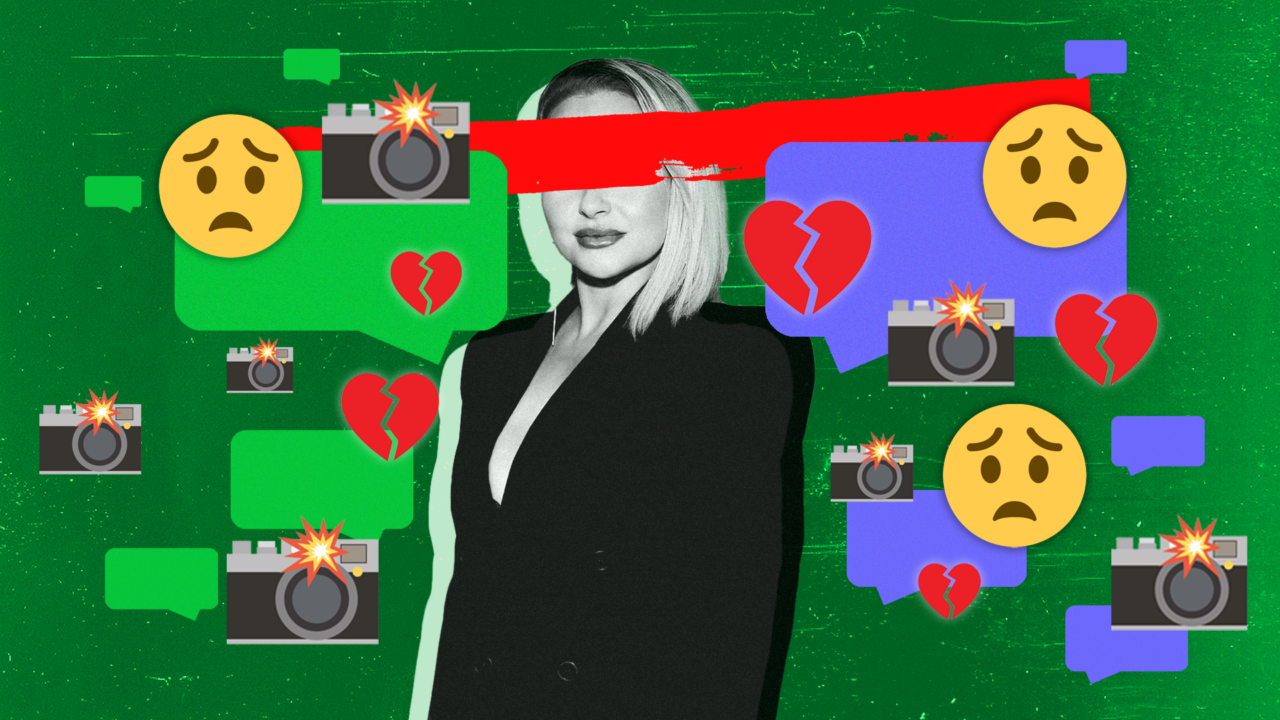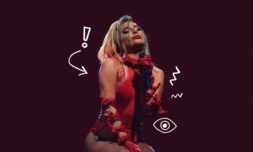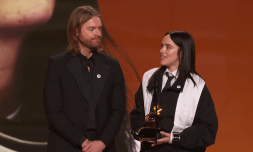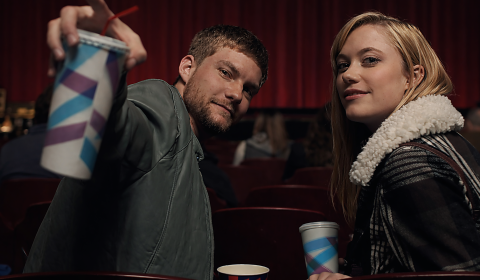Exploiting vulnerable individuals is not entertainment. No matter how famous they are.
Hayden Panettiere, known for her role in Nashville and more recently, for her public struggles with addiction, found herself the unwitting centre of attention this week, but not for reasons she – or anyone with a functioning moral compass – cared for.
People Magazine published a video interview with the actress that quickly drew backlash from viewers, many of whom expressed concerns that Panettiere appeared unwell, her speech slurred, her answers uncomfortable.
On social media, an outcry followed calling for the interview to be taken down. It was labelled exploitative and inappropriate given her recent struggles, which include the loss of her younger brother earlier this year.
The video and subsequent response have highlighted the media’s ongoing fascination with vulnerable celebrities, and the dangerous trend of exploiting their struggles for entertainment.
People Magazine’s interview comes as singer Chappell Roan has started conversations around celebrity boundaries. The singer called out ‘entitled’ fans on her TikTok account last month, before telling a photographer to ‘shut the f*** up’ on the VMAs red carpet.
Her behaviour has triggered a wave of discussion around the way we treat people in the spotlight, often assuming we have the right to interrogate their personal space because they have a public presence.
Panettiere’s interview has spotlighted what can happen when calls like Roan’s aren’t listened to.
The actress was asking deeply personal and distressing questions on camera, and her demeanour seemed uncomfortable throughout.
Comment
byu/galaxystars1 from discussion
inDListedCommunity
Both People and Panettiere’s representatives have since denied that she has relapsed, but that isn’t really the point.
Whether or not Panettiere felt comfortable during the conversation, those publishing the content had a duty of care and should have recognised that her behaviour would be taken the wrong way.
‘Poor Hayden. Obviously not sober. Do better People,’ one user commented under the post, echoing several remarks that called out the magazine across social media.
Tiktok users have also demanded the publication take the video down.
@yourfinestpardon shared her concerns that regardless of People’s actions, it may already be ‘too late’ as clips of the interview would have spread across the internet.
‘That did her so dirty [sic]’, she said in a recent video. ‘That interview, and the contents of that interview are so devastating, but that’s not what anybody’s going to focus on. Everybody else is focusing on the wrong parts of that interview.’
Panettiere is sharing deeply personal and intimate parts of her life throughout the conversation, including her grieving process after the death of her younger brother. But the response has only highlighted our insatiable demand to see successful people in vulnerable situations.
There’s an entire genre of media that thrives on capturing these very public falls from grace. Think of Britney Spears shaving her head, Amanda Bynes spiralling on Twitter, or, most recently, Jonah Hill’s therapy-speak text messages laid bare for public dissection.




















